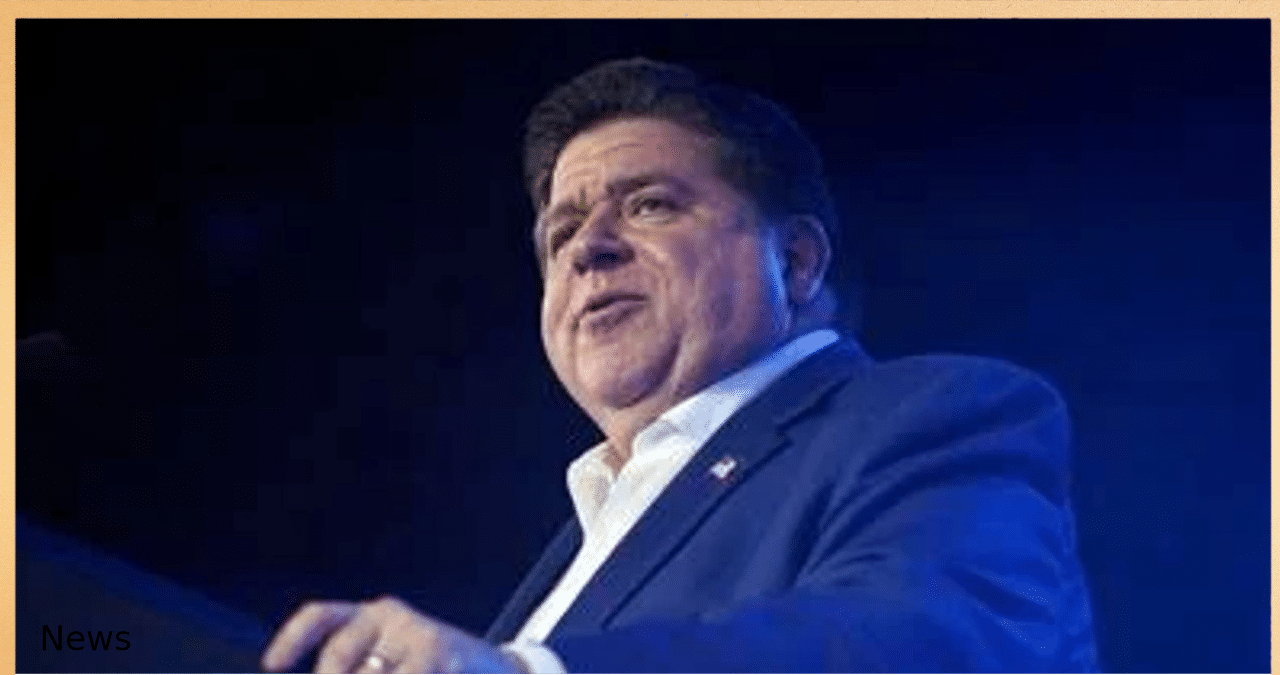Illinois lawmakers have passed a measure that Gov. J.B. Pritzker has signed into law, which contains several provisions that will affect the upcoming Nov. 5 election. Among these provisions is one that will change the way political parties can utilize campaign funds.
In Illinois, political parties such as the Democrat Party of Illinois and the Illinois House Republican Organization are permitted by law to contribute unlimited campaign funds to candidates for both primary and general elections. The bill was introduced in the House by State Rep. Maurice West, D-Chicago, while State Rep. Blaine Wilhour, R-Beecher City, opposed it.
Wilhour questioned, “Weren’t the political parties already powerful enough?”
West stated that they are not empowering them.
According to Wilhour, “Power lies in money.”
West explained that the bill would remove any limits in the general election, bringing it in line with the primary election.
Before the passing of House Bill 4488, political parties were only limited in their campaign contributions during primary races. However, with the new law, both primary and general election candidates can now receive unrestricted funds from their respective parties.
During the House floor session, State Rep. Dan Caulkins, a Republican from Decatur, raised questions for West to address.
Caulkins questioned whether the rule of unlimited campaign contributions in a primary applies to all candidates, including those running for the Illinois Supreme Court.
West confirmed that the party can provide unlimited campaign contributions exclusively to the candidates. “Yes, sir,” he said.
The law comes into effect instantly.
During this legislative session, West lent support to Senate Bill 2412, which introduced changes to the process of slating candidates for vacant positions. However, the Illinois Supreme Court is currently examining this law, as it has been challenged by candidates like Leslie Collazo through a lawsuit. The election law was hastily altered, prompting legal action.
The initial purpose of HB 4488 was to establish a week dedicated to spreading awareness about Crohn’s and Colitis. However, the bill was later stripped of its original content and replaced with an elections omnibus. Similarly, SB 2412 was initially introduced as a bill aimed at improving child welfare. However, it underwent significant changes and was transformed into a slating change bill.
Reform for Illinois expressed disappointment regarding the omnibus bill’s failure to address critical needs such as mandating the disclosure of deepfake election communications. Alisa Kaplan, the Executive Director, stated that this exclusion would result in Illinois voters lacking the necessary tools to distinguish between reality and falsehood.
Kaplan expressed that there were concerns from both political parties regarding the impact on democracy and the election. The issue at hand was the use of artificial intelligence to generate deceptive election communications, specifically deepfakes. The proposed solution was not to ban such communication but to require a disclosure to be made. The intention behind this was to ensure that voters were aware of what they were viewing. Despite the significance of this matter, it was not adequately addressed.
According to reports, the New Hampshire Attorney General’s office is currently investigating a robocall that allegedly used artificial intelligence to imitate the voice of President Joe Biden. The call apparently advised voters not to show up at the polls for the primary election.
Illinois’ omnibus bill tackled the issue of campaign funding for candidates, but did not address concerns surrounding deepfakes.
In the House, State Rep. Kevin Schmidt from Cahokia Heights opposed the measure.
Schmidt expressed that having unlimited funds in the primary election only favors the establishment and does not give a fair chance to new candidates.
According to Reform for Illinois, the decision to eliminate limitations on party contributions is a major step that showcases the desire of party leaders to have greater influence over primary elections. In a state with numerous uncontested districts throughout, primaries often represent the sole meaningful opportunities for competition.



